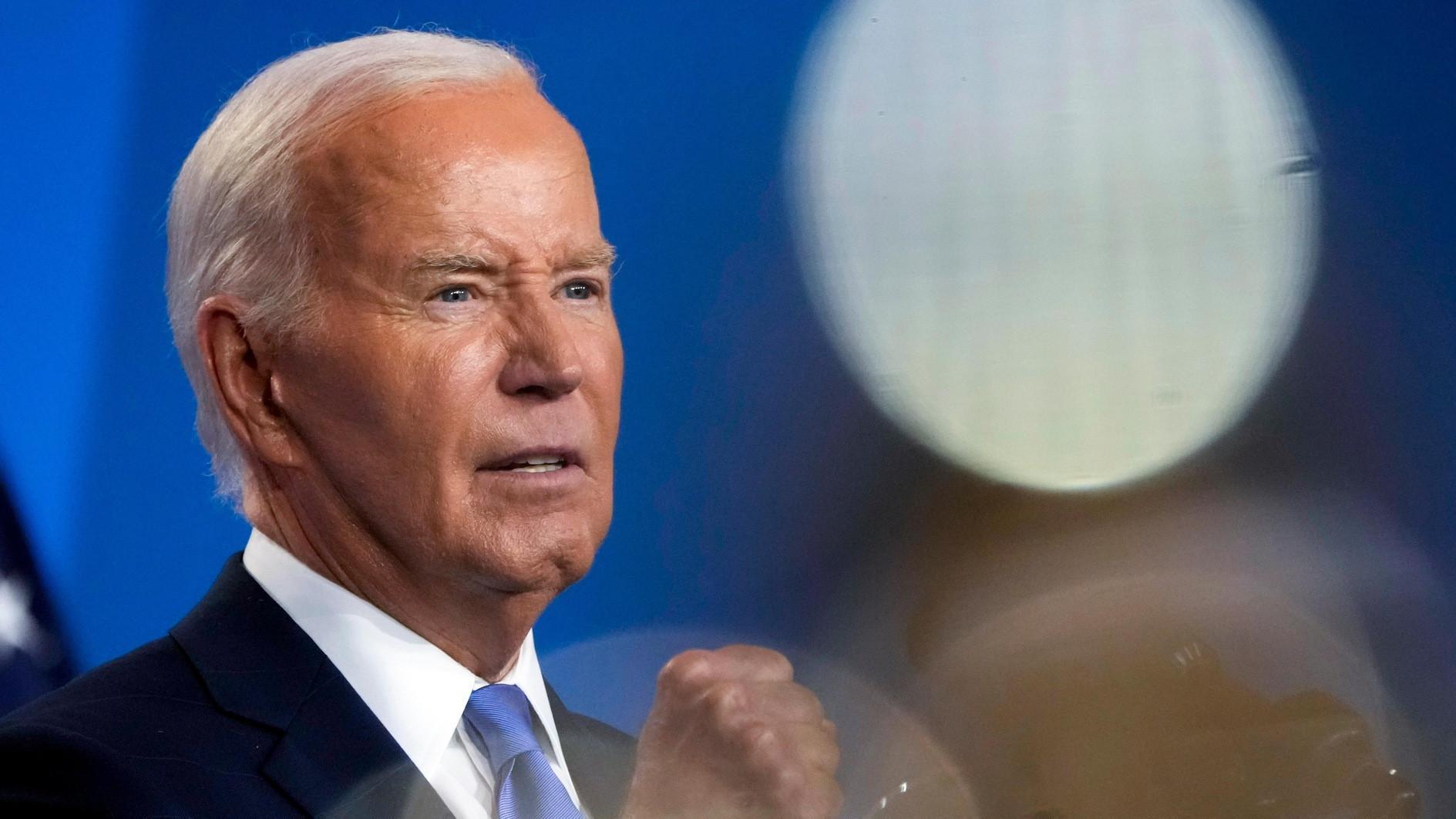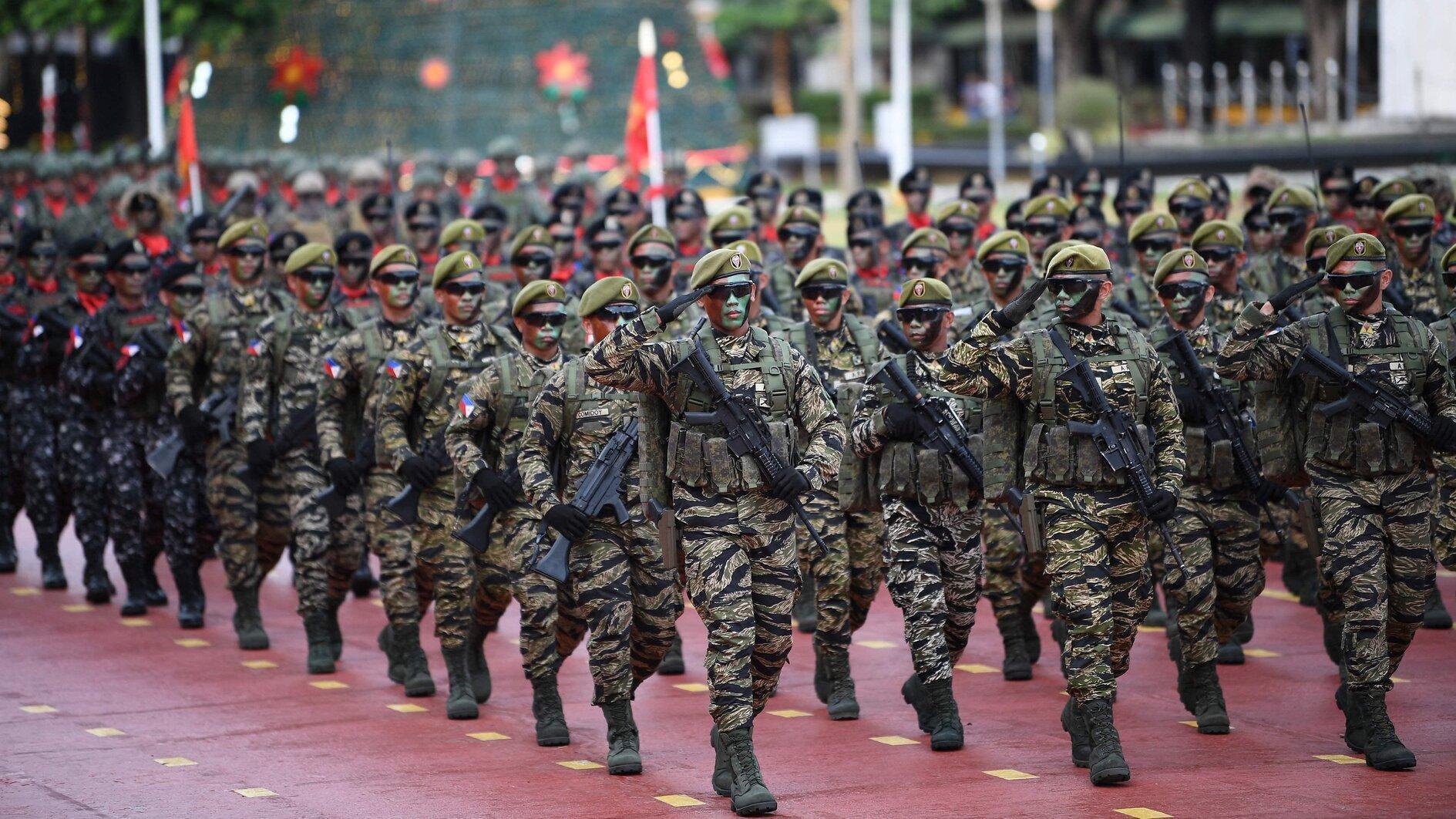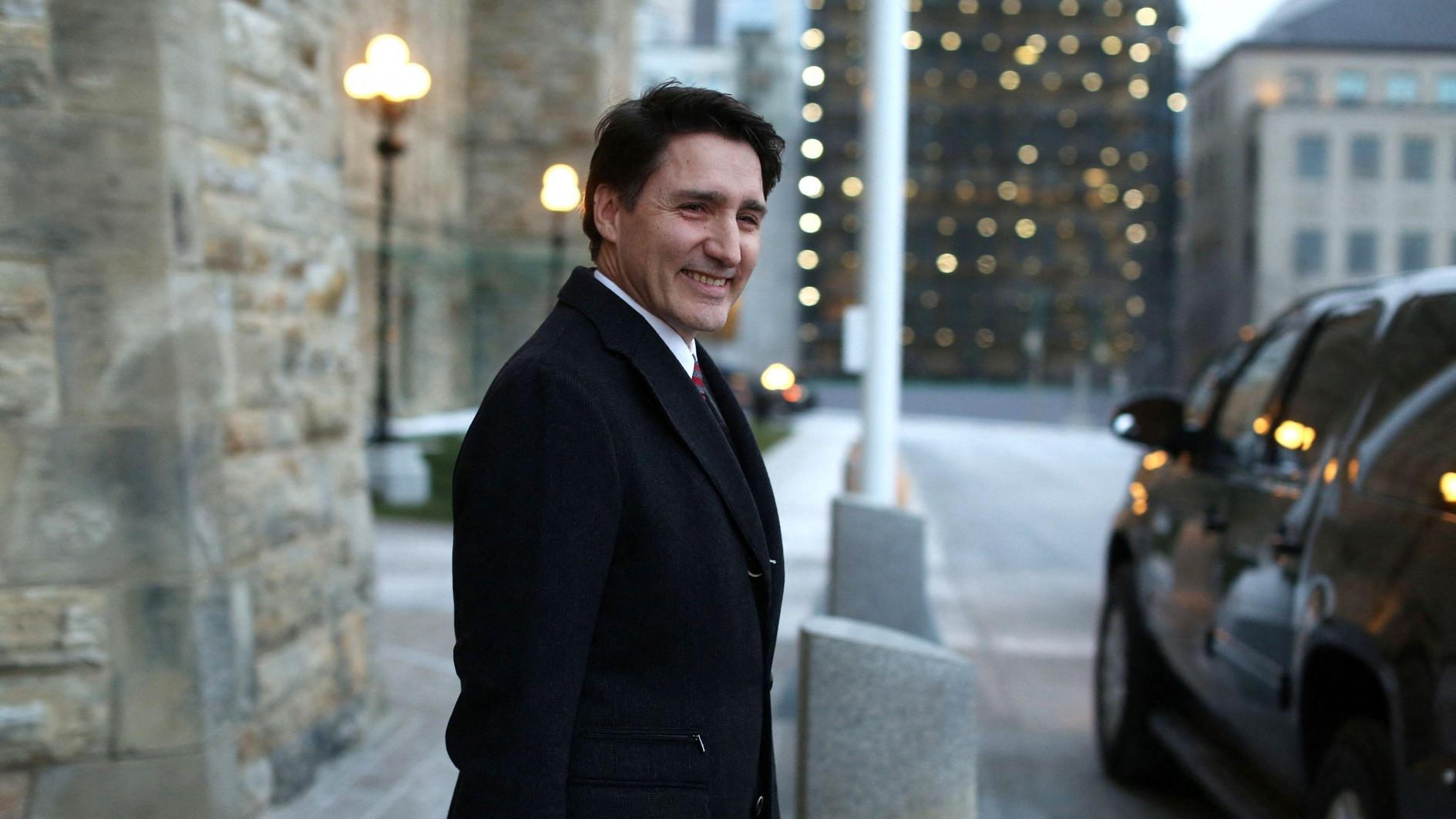Political stain on a legal decision
You already know a parliamentary inquiry committee has been formed to investigate four former Cabinet ministers within the context of the infamous investigation that is now closed; the one history has recorded as the “Dec. 17, 2013 investigation.”
The inquiry commission met Dec. 22, 2014 to reach a decision, but it was postponed to the meeting on Jan. 5, 2015.
Well, what will the panel decide on Jan. 5? Will it rule that the four ministers be tried at the Supreme Council, the high court that only hears cases against Cabinet ministers and other top officials? Or will they rule in favor of their innocence?
Maybe, we can make a guess about the possible decision of the panel about three of the ministers Zafer Çağlayan, Muammer Güler and Egemen Bağış based on the decision of the Istanbul Chief Prosecutor dated Oct. 16, 2014, the one that said, “No need to investigate.”
Let us remember: Turkey woke up last year on the morning of Dec. 17 with a series of police raids and detentions. Among those detained were sons of the above-mentioned ministers and their close aides. The government, after the first shock, defined these operations as “an attempt to overthrow the government.” It first relieved the police officers who were conducting the investigation of their duty.
Next, it managed to pass a decree at the Supreme Council of Judges and Prosecutors (HSYK), moving those prosecutors and judges who had connections to the investigation away from Istanbul.
Thus, Prosecutor Ekrem Aydıner took the investigation, which had not been opened yet. And to start with, he withdrew the summary of proceedings that was sent to the Office of the Parliamentary Speaker about the ministers. He rearranged it. Then he reviewed the indictment that was half-written and at the end he ruled for the famous decision, “No need for investigation,” and closed the file.
Aydıner’s closing of the graft file was much discussed, but his justifications for closing the file were seldom highlighted. Aydıner said two main things in his 45-page decision of, “No need for investigation.”
First, the evidence that constituted the core of this investigation was “collected illegally, by bending and forcing the laws and by going around the laws; they cannot be used in court.”
Second, “Even if we suppose all of this evidence is correct, the commercial activities Reza Zarrab is doing are legal; he does not need to give any bribes while conducting them. There is no evidence that he has obtained special privileges through bribery.”
Let alone that Aydıner’s 45-page decision looks as if it is coming from a defense lawyer, these reasons he is using, especially the second, is impossible to agree with. However, the first needs to be focused on.
If there is going to be a legal discussion in the Parliamentary Inquiry Committee, then it is this first justification that will be debated.
Let the court decide
There are several concrete reasons that Aydıner has presented to support his sentence “The evidence was not gathered legally.” Frankly, almost all of the arguments the prosecutor submitted are convincing.
However, once again, I have to say the issue is not as clear as one that would prompt this reasoning without any hesitation. The arguments of the prosecutor can easily be presented by the defense attorney at court, but at such a significant matter, a court has to take the counter views also. It is not an issue only regarding the money-generating scheme of four ministers and Zarrab, it is way beyond this; it is a legal matter that concerns the lives of each citizen.
For this reason, if the inquiry commission is concerned with this, then I think it should definitely opt to send this case to the court.
Let us allow the court to decide whether or not this evidence was collected legally. This court is our highest court to interpret the laws; it is the Constitutional Court takes takes the name “Supreme Council” when trying Cabinet ministers.
Actually, the decision to be made by the Inquiry Commission will be a political decision, more than a legal one.
The fact that the investigation was closed not by a court, but by a prosecutor already casts a shadow on the government. This time, the closure of it once more based on the majority in the Parliament will only widen the political stain, making it permanent.











